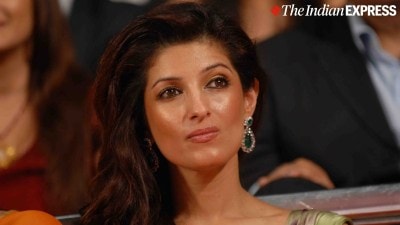Doctor146;s orders
Thirteen years ago, the Indian economy was in the doldrums. The fiscal deficit was unsustainable, the balance of payment position was precar...

Thirteen years ago, the Indian economy was in the doldrums. The fiscal deficit was unsustainable, the balance of payment position was precarious and foreign exchange reserves were just enough for a fortnight8217;s worth of imports. It was into that chaos that Dr Manmohan Singh came, with his vision for economic change. On that occasion, he made a famous pledge, as the newly-appointed finance minister: 8220;All I can promise is blood, sweat and tears.8221;
Well, today, in one of those curious twists of fate, he will be required to repeat that promise. Only this time, as the prime minister designate of India, he will have to consider not just one sector of the government, but the entire spectrum. As for the chaos, it cannot be more obvious. Not only is the country without an effective government a week after the election verdict, not only is the ruling party in a state of flux with Sonia Gandhi having rescinded her claim to the prime minister8217;s chair, there is the tricky matter of setting up a viable, stable government under conditions that do not exactly favour viability or stability. It is not that it cannot be done but there is this business of taking along a variegated group of coalitional partners, each with its own distinct agenda. Sceptics point out, quite correctly, that Manmohan Singh may be an acknowledged wizard at economics but he is still an untried quantum when it comes to politics. That argument could raised in the case of Sonia Gandhi as well, but she would have had an advantage that Manmohan Singh does not have 8212; the acknowledgement of leadership. In other words, Manmohan Singh would need to strike a delicate balance between party leadership and the government, between the government and its allies supporting it from outside, and between the various individuals and parties within the government. A tough call, certainly.
Only two factors could keep this rather unusual arrangement going. One, the manifest desire of all the various parties within it to make it work. Is the professed 8220;secular8221; imperative and the fear of the BJP returning to power enough to keep an unwieldy 14-member coalitional team united? We will have to wait for the answer. Two, Manmohan Singh8217;s own well-proven skills of administration and indubitable integrity. The image he has among the powerful elite of this country should stand him in good stead in this regard. Thirteen years ago, when he presented his blueprint for economic reform, he came up with the slogan: 8220;Time to think big, not to shrink.8221; Perhaps he should dust that idea down for today8217;s big moment.
- 01
- 02
- 03
- 04
- 05































